journaling can be prophetic sometimes
Feel It All is out now, and apparently I've been writing about it for years.
I didn’t know when I wrote the below that I would name the album I was working on “Feel It All,” but … that tracks. I posted this several years ago, and had written it at least one October before that. It is October again now (how?!) and I came across this while searching through my archives for another thing entirely. It seemed poignant to post it once more, when I have put out an album that is trying, at least indirectly, to say exactly all of this.
Because time has passed, I’ve edited a few things for clarity and correctness. I have also added some photographs from my real world and life. You’ll notice I’ve left every single one of my em dashes in. I can’t believe I need to say it now that Chat GPT has ruined the sacred and holy em dash for good, but this is all 100% my work, from my own brain and hands. :)
The Mourning Room
I sit alone in a salt bath, wailing, my whole body wracked with sobs, my throat stinging, my head aching, my torso heaving, my hands clenched into fists under the water, the sound of my full-throated crying bouncing off the tiled walls. No one has died (not that I know of) but I am in mourning—and when I say ‘in mourning’, I mean this; mourning is not a temporary state of being. It is a room within me to which I return over and over, and to which I will return again and again while I am here. It has the same furniture in it, the same photos on the walls, the same plants, the same records on the dresser, the same blinds and the same lamps. It is always the same; only every time I come back, I seem to feel for the first time how vivid hunter green can be as I gaze, teary-eyed yet again, at the rubber plant; I notice the mango yellow hue of the nubbly vintage sofa as if I had never seen it before. Mourning is the same room it always was; I only leave for a while, and then I come back.
Grief seems to change shape and size instead of ebbing. No matter how far I travel from the original point of pain, the sorrow never disappears completely. It sleeps in my arms, a tattered old bear; lovingly held and handled until its stiff, shiny new fur has softened from age and from my skin oils and our dances and the saltwater stains on its forehead.
—
Grief is a blurry recollection, a sharp pang in the heart, a blunt punch to the gut, the loving hands that hold me, the yawning void I cannot close, the darkening question I can never answer, and the most consistent thing I have ever known. I feel it achingly just now, just here beneath the surface of my skin. It can be a candle flickering in a window on a hill, a body in the basement at the party, the fluttering of a curtain in the breeze. I long for it, almost, when I don’t feel any of it. It always reminds me how much love I hold inside myself.
Grief is ultimate. It is extreme sports. It is the bottom dropping out completely beneath me. It is falling into the abyss. Sometimes it really feels like it will never change shape; like this feeling of going blind with sorrow is all that grief will ever be. And yet then somehow, sometimes, on a day like this one—when the sun is brightening the corners of the room, glowing green through the leaves of my houseplants, and the air is mild for October—when I cannot outrun the sharp sensation in my heart that life is as short as a match burning out almost as soon as it was lit—when every moment reminds me that tomorrow might not be part of my experience in this life—sometimes, on a day like this one, I let grief in through the screen door and pour it a glass of chocolate milk. We braid each others’ hair. We drink too many Cokes and eat those mini donuts, the entire box. We giggle about someone we saw at the bowling alley. We paint our nails and we plan our birthday parties. We are best friends.
The other day my stunning and sensitive and silly and sunny and smart and scared and so, so courageous eight year old said to me in the car, “Mom, I think I know what your favorite feeling is. It’s missing someone. Bittersweetness, right?”
(Have you ever felt *seen* by a child? 10/10 would recommend.)
—
Here is something I think I know; grieving seems to happen in ovals. It feels sort of like a spirograph—I travel the oval, and with every rotation, I pass close by the center of the circle; then, as I crest to the farthest point that my pen can reach, I feel lighter; I feel expansiveness, joy, ease. But then we rotate again, and we pass by the white hot center of pain, and I am right back in this mourning room; I am once again feeling the same impenetrable blindness, the same heaving of the torso, the same headache, the same balled up fists, the same cursing at no one and everyone. But after the first turbulent and unpredictable journey around the spiral, during which I might, say, well up in tears at the cash register because the cashier said ‘hello’ too kindly—after that first skin-ripping soul-crushing part of grief has slipped away, then each time I go through the cycle of grieving a particular person or moment or experience, time seems to stretch a little longer before I get back here to the room again. The ovals travel farther away from the center of things. The spirograph pattern gets bigger and longer and I can go a few weeks, or months, or years, without being on the yellow couch, shaking my fist at that which I cannot outrun, overcome, or ‘get over.’
Joy could not be so beautiful and heart-wrenchingly blissful—it could not feel like dappled green lawns and popsicles and driving through the mountains with the windows down—it could not shock me into a sense of my own aliveness at the sight of the setting sun—it could not warm and nourish my bones—joy could not even be felt at all without this mourning room being what it is and feeling how it feels. This hurts, but it’s the truth.
—
Life hurts, and it ends, and that’s precisely why it is all so breathtakingly gorgeous. Without the grief of loss, joy would be sand in my mouth and water in my ears and a dull grey dimness in my heart. I’m not the first person to say this, nor the most intelligent or original; I just know that I have lived it. The original shock and awe of birth — of being forcibly pushed out of what is comforting, what is soothing, what is all-surrounding — of hurtling into the buzzing of cold electric lights and the soot-drenched city noise and the unfiltered, untethered, unsettling clear force of my own mother’s roaring as she pushed me out of the safety of the womb and into all this chaos — that original pain gave me the gift of being able to feel *relief.*
Joy, bliss, relief, pain, grief, rage….they are all—every last one of them—like the moon, which is only illuminated by the sun’s light. They need one another in order to exist. Life is either all of it or none of it. If I do not let myself feel the far reaches of my less desired emotions, I will move through life like I am a spectre, or like I am already in a sepulchre. And I simply refuse to be a ghost in my own story. So I will grieve when I need to, rage when I must, and I will leave the room again and again for the love of my children and for the smell of Sunday morning bacon; for parmesan and tomatoes and basil spread nearly all the way to the wood-fired crust’s edge: for the feeling of lying in my husband’s arms when everyone else has gone to sleep, for the laughter in the kitchen, and for the birds on the windowsill.
—
In the bathtub, there is something speaking to me through the noise and the giant void of pain that seems to be taking over my entire body; it is that still, small voice in my heart, the one which exists underneath all my stress, all my striving, all my fear and my doubt, and it says to me only this;
I do not ask you to prepare to die. I only ask you—please, do not wait to live.


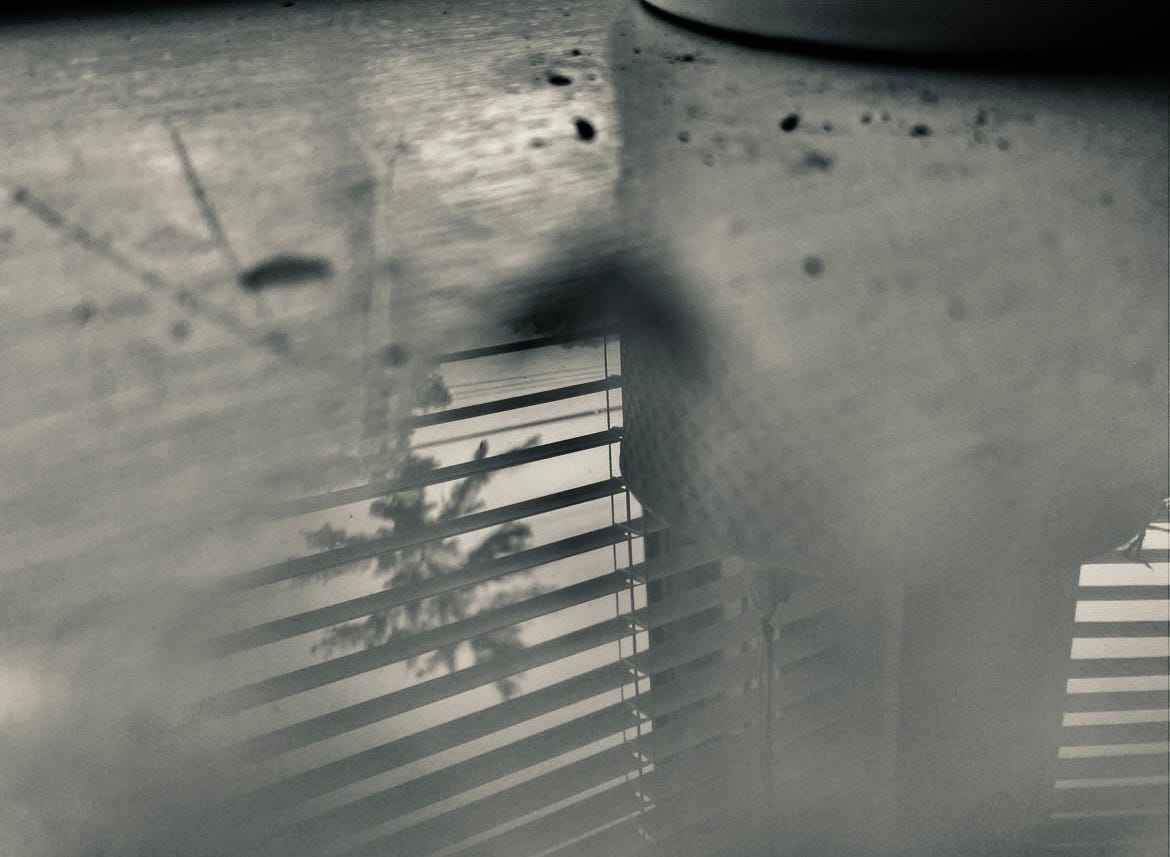
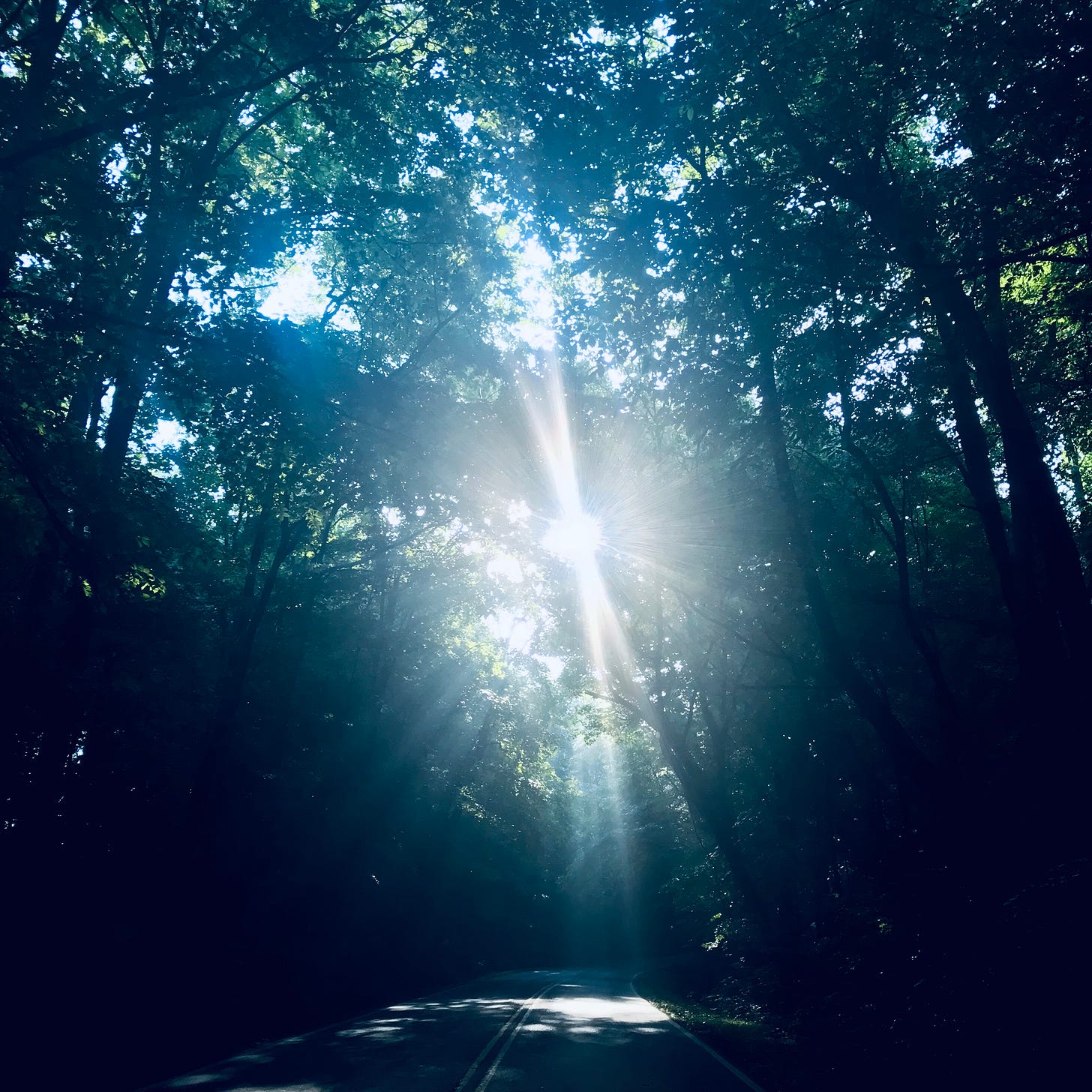
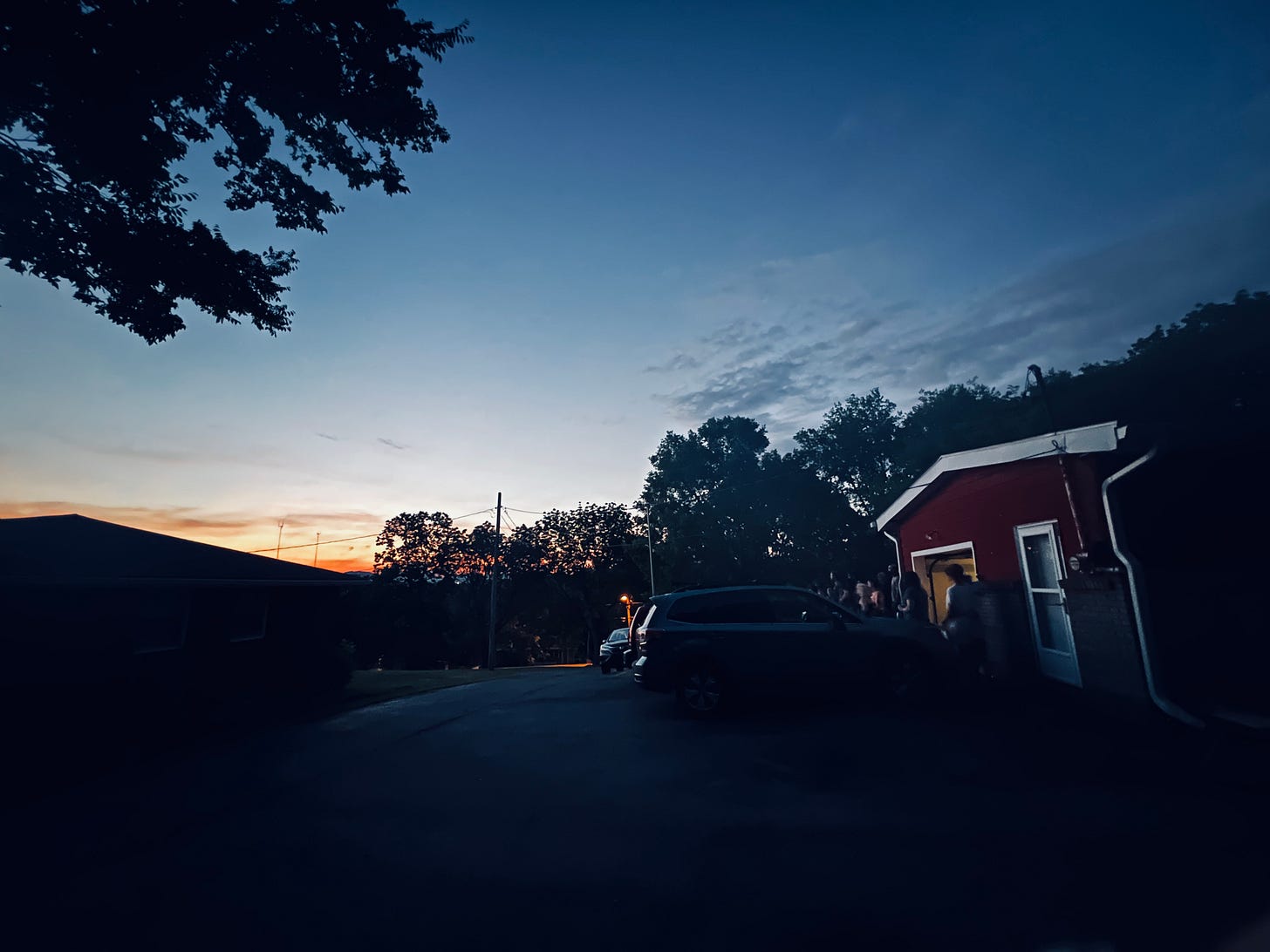
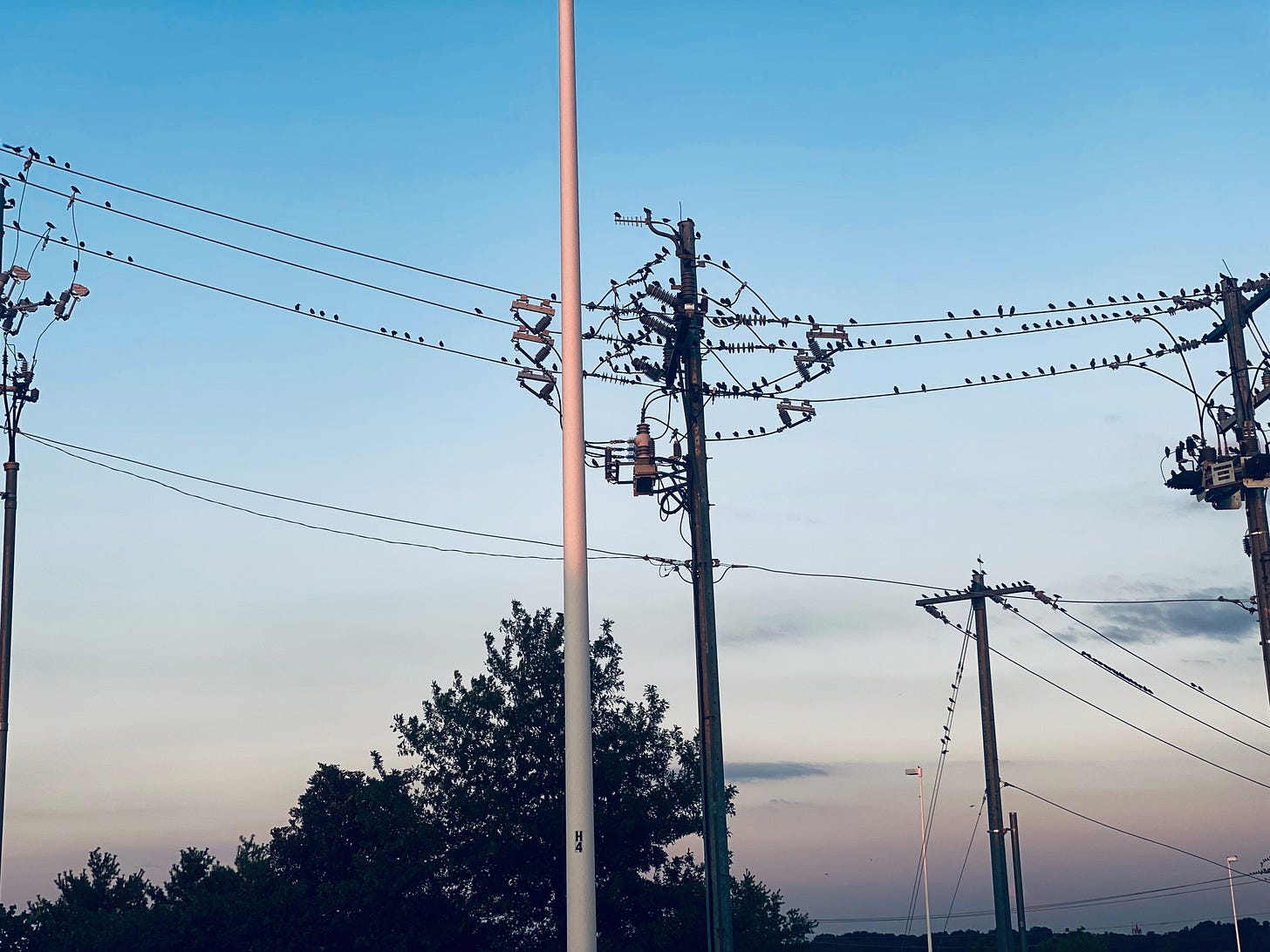
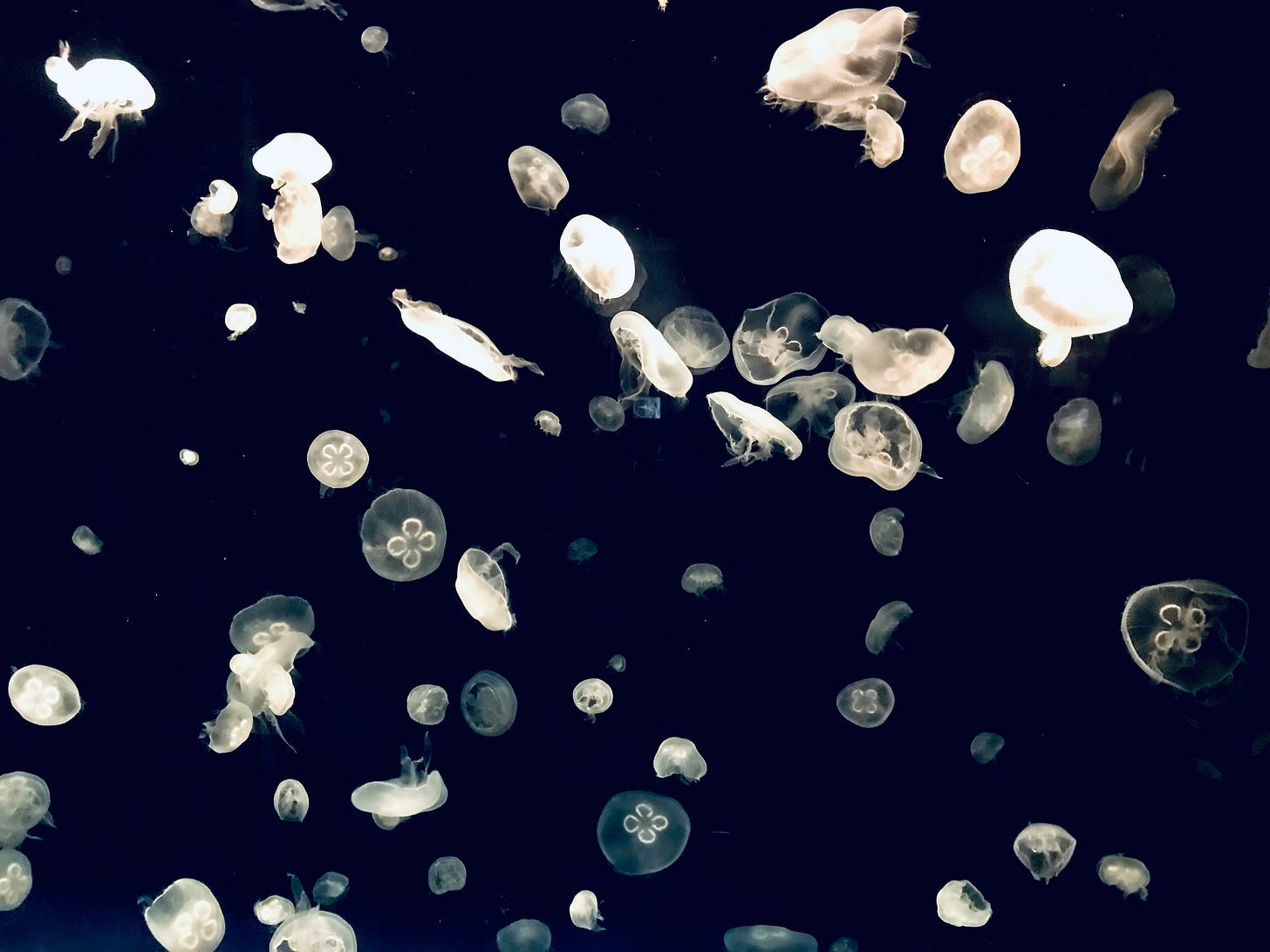
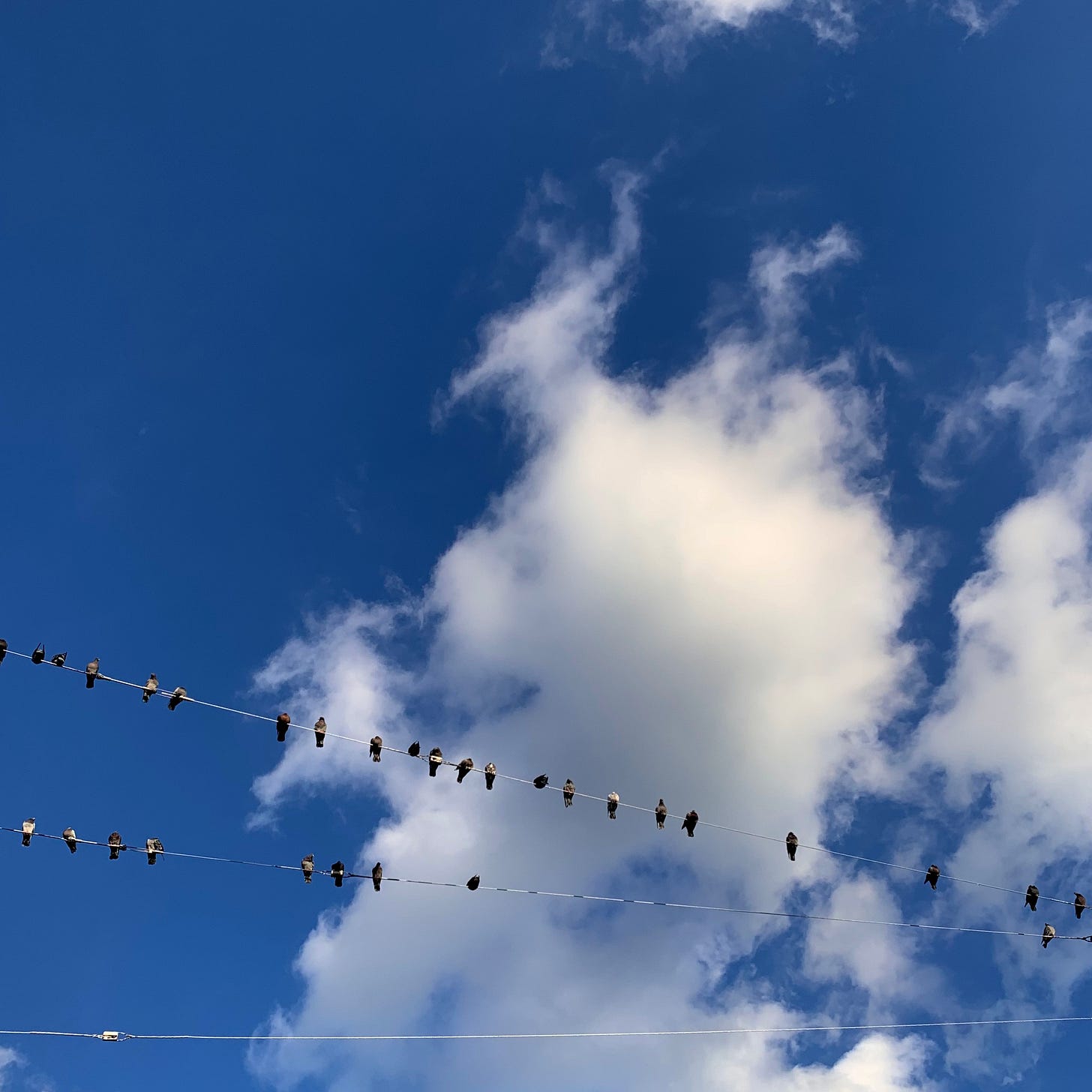
Love this part, Audrey…
“it is that still, small voice in my heart, the one which exists underneath all my stress, all my striving, all my fear and my doubt, and it says to me only this;
I do not ask you to prepare to die. I only ask you—please, do not wait to live.”